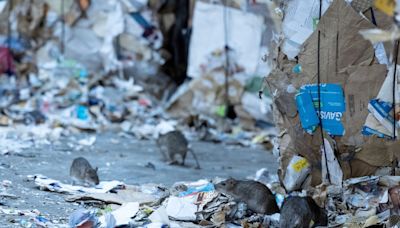Search results
Oct 1, 2022 · Escherichia coli (E. coli) bacteria normally live in the intestines of healthy people and animals. Most types of E. coli are harmless or cause relatively brief diarrhea. But a few strains, such as E. coli O157:H7, can cause severe stomach cramps, bloody diarrhea and vomiting.
E. coli is a chemoheterotroph whose chemically defined medium must include a source of carbon and energy. E. coli is the most widely studied prokaryotic model organism, and an important species in the fields of biotechnology and microbiology, where it has served as the host organism for the majority of work with recombinant DNA.
Feb 7, 2018 · Escherichia coli (E. coli) is a bacterium that is commonly found in the gut of humans and warm-blooded animals. Most strains of E. coli are harmless. Some strains however, such as Shiga toxin-producing E. coli (STEC), can cause severe foodborne disease.
Nov 22, 2023 · An E. coli infection is any illness you get from strains of E. coli bacteria. For instance, there are harmful strains of E. coli that cause watery diarrhea, stomach pain and other digestive symptoms (gastroenteritis) if you accidentally ingest them.
Feb 29, 2024 · E. coli bacteria - Learn if you can get E. coli from food items like undercooked meat and lettuce and how this bacteria can affect you.
Dec 23, 2021 · E. coli is a type of bacterium normally found in intestines. But certain kinds of E. coli can cause infection and severe symptoms like diarrhea and dehydration.
May 14, 2024 · Overview. E. coli are germs called bacteria. They are found in many places, including in the environment, foods, water, and the intestines of people and animals. Most E. coli are harmless and are part of a healthy intestinal tract.


